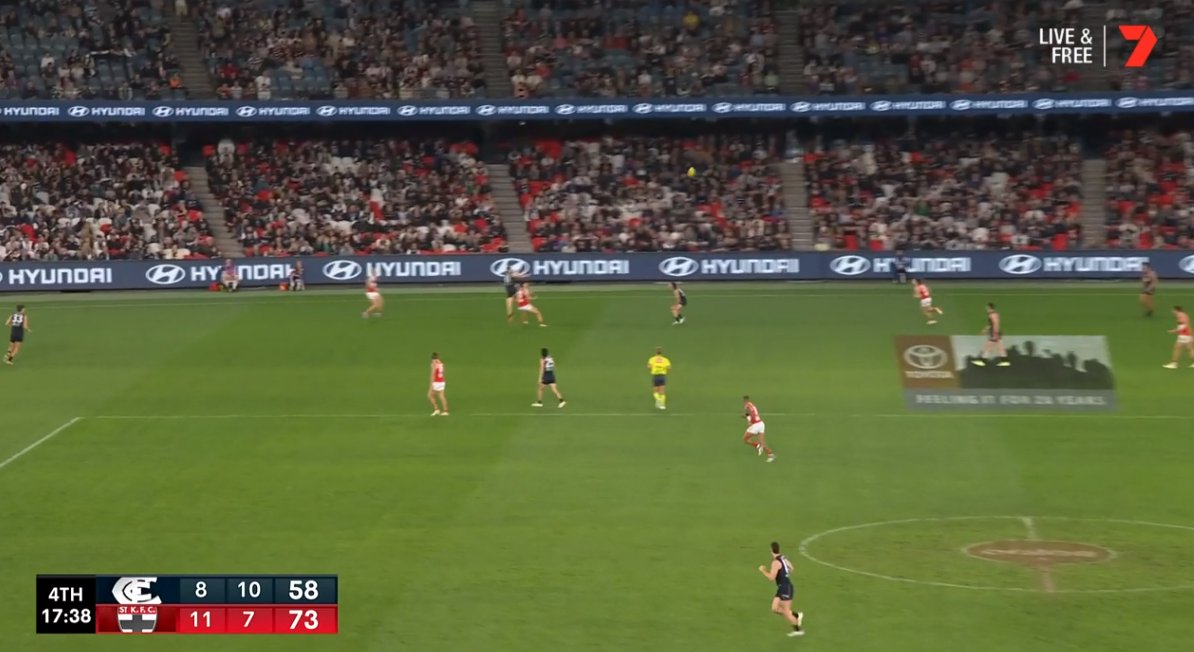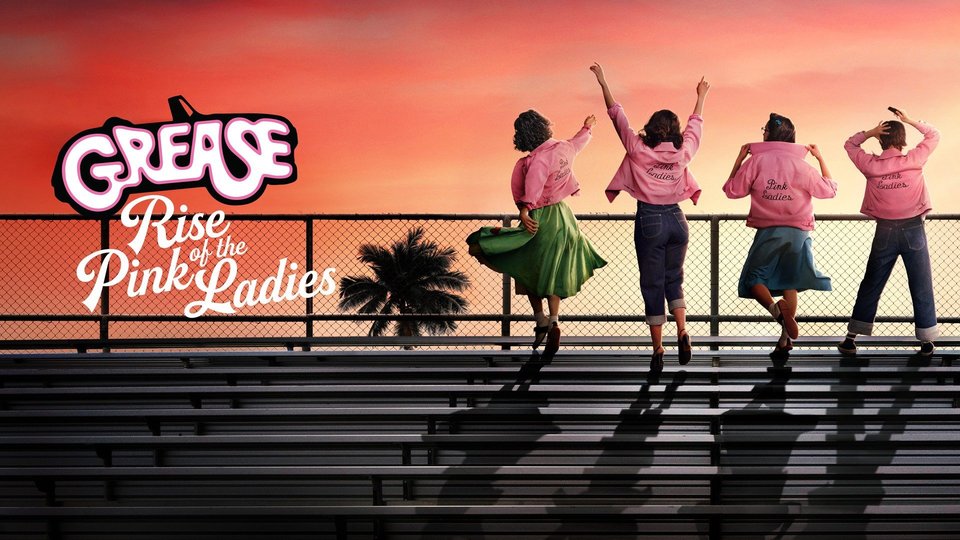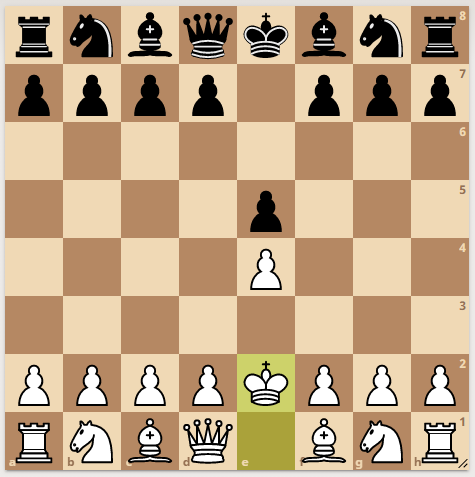There is a concept in Seneca's 'Epistulae Morales' (the Moral Letters) which is hinted at, which happens as the result of the citizens of the ideal city living in disharmony with each other; the word in this case is "invidiosus". The word in opposition to "invidiosus" that Seneca uses is "Vita" but this hardly makes much sense. Seneca is probably trying to nail down the Greek idea of Zoe but as applied to an interconnected group of people have no sensible way of articulating this other than to say what is in opposition to it and then trying to reverse engineer the concept. My problem is that the Latin word "Vita" comes out very closely to to the English word "Life" and variations on the word "Vita" exist in modern Romance Languages.
The thing "Death" is the end of life. Death is the state when Grimaldi Reaper, aka the Destroying Angel, comes to collect the debt demanded by the kosmos' nastiest legal firm Hades, Sheol and Abaddon. Hades in particular has two very hungry daughters called "More" and "More" (very confusing) and feeding time is all the time. Death is not the thing in opposition to Seneca's Vita.
I would like to suggest that the thing in opposition to Vita in the here and now is not death but Envy. Remember, humans are innately selfish being who exist at the centre of their own observable universe; a poison to happiness is not just selfishness but selfishness that wants what other people have. What could be more pathetic and sad than a soul that can not be satisfied? A heart that wants and wants and wants and gets what it wants but still isn't satisfied, is to be pitied; especially when it looks to what others have.
At its worst, Envy is a raging feeling of discontent or covetousness with regard to another's advantages, success, possessions, et cetera. Envy is ultimately derived from the Latin word "invidiosus" which implies something which causes offence, is meant create offence, or worse is positively calcualted and conniving to create ill will or resentment. Envy as that discontent or covetousness with regard to another's advantages, success, possessions, et cetera is then outworked to wish that that person did not have those things. Envy in action is to try to give offense, or hateful and invidious remarks, or perhaps act in an offensive, unfairly discriminating, or maybe even injurious way to that other person. Envy is the well-spring from which contempt bubbles up and ultimately renders the other person as object, rather than a person worthy of care and concern.
We have entire industries devoted to the fuelling of Envy. Advertisers want you to buy their products; so will actively try and create the spark of envy in you, to make you want the thing which they have and want to sell. Practically everything which is touted as a luxury good, is driven by pouring petrol on the spark and then fire of envy. Watches, Jewellery, Motor Cars, Real Estate, Fashion, Dinners, Food, Drink, et cetera et cetera et cetera; for what? Did the man who got everything he wanted really live happily ever after?
This is where I have had to cheat in order to arrive at this element. How do you find the positive opposite to a negative concept, when the negative concept has an "in" or "un" prefix for a word that doesn't even look like it has an opposite? The opposite of 'defunct' is 'funct'? The opposite of 'unkempt' is 'kempt'? What happens if you have a concept where the opposite doesn't even seem like a thing? I have to assume the opposite of Envy, is going to be derived from the opposite of its Latin root 'invidiosus'; that leaves us with the word 'vidiosus'.
Vidiosus (if it exists) would actively celebrate the good fortune of others. Vidiosus cheers on from the sidelines when someone else succeeds. Vidiosus is happy when someone else succeeds, it smiles when someone else is acknowledged, it cheers when someone else wins the accolades, it will even look kindly when that someone else receives praise and attention. Is the opposite of a pencil line, an eraser?
We kind of know about a collective sense of Vidiosus if the national sporting team wins, though I am not sure if this is a particularly helpful example. Someone competing on behalf of us means that we are in effect playing by proxy; which is where a source of national pride comes from. Perhaps a better example of Vidiosus in action, is the provision of public goods and services, such as education and health care. Vidiosus would cheer other people's children getting an education, or actively want to see people that we are in commonwealth with, be protected from injury and humility. This may even require giving up private competitive advantage to see the whole community prosper.
I suppose that practiced internally Vidiosus would be the elimination of one's own envy when looking at the world. The stoics might have something to teach us here. Epicurus, the guy who is usually associated with hedonism, said that what he needed to be happy was a pot of cheese, a jus of wine, and four friends. This looks more like hedonism achieved through the laying down of envy and being grateful for the simple things of life. Laying down envy might be one of the most difficult tasks of all, as this demands a selfish heart to deny itself and be unselfish. This is probably put into better perspective when one realises that the world is not only complex but deeply unfair because those with money and power can bend the rules and buy the means to bend the rules. If it is possible to lay down envy for the things they have and the opportunities they have, then even though life is unfair, it is still possible to be happy. The great salve of envy is gratitude for what one has and deciding that what one has and is, is sufficient.
Here's the problem. I think that it is actually impossible to eliminate the wants of the human heart. Hitting one's body with birch branches, or sitting under a tree until the elimination of desire arrives, I think is a fantasy. Seeing other people as people and wanting good things for them, wanting them to be happy, and not being envious of the stuff they've collected, or the accolades they've won, or maybe even the family and friends that they have, is the sign of a human heart which is emotionally secure and dare I say it, mature. Is the opposite of poison is not being poisoned? At best (which is still terrible), all I can come up with is that the opposite of envy is "not envy"; which I think looks exceedingly dumb as a word. If it is a word, then I would like the noun for "not envy" to be "Vidiosus".















